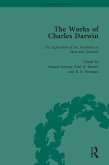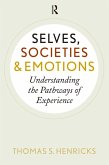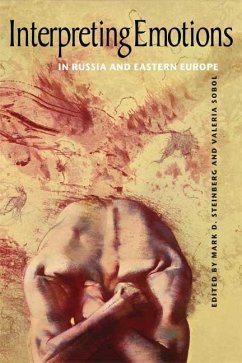The history of emotions is the first accessible book on the theories, methods, achievements and problems in this burgeoning field of historical inquiry. Historians of emotion borrow heavily from the disciplines of anthropology, psychology, philosophy and neuroscience to argue that emotions have a past and change over time. This book introduces students and professional historians to the main areas of concern in the history of emotions, discussing how the emotions intersect with other lines of historical research relating to power, practice, society and morality.
The book will prove essential for understanding the problems of interpreting historical experience by providing a narrative of historical emotions concepts, and collating and evaluating all the principal methodological tools generated and used by historians of emotion. It also lays out a historiographical map of emotions history research in the past and present, setting the agenda for the future of the history of emotions. Chiefly centring on the rapprochement of the humanities and the neurosciences, the book proposes a way forward in which disciplinary lines become blurred.
Addressing criticism from within and without the discipline of history, The history of emotions offers a rigorous defence of this new approach, demonstrating its potential centrality to historiographical practice, as well as the importance of this kind of historical work for our general understanding of the human brain and the meaning of human experience.
The book will prove essential for understanding the problems of interpreting historical experience by providing a narrative of historical emotions concepts, and collating and evaluating all the principal methodological tools generated and used by historians of emotion. It also lays out a historiographical map of emotions history research in the past and present, setting the agenda for the future of the history of emotions. Chiefly centring on the rapprochement of the humanities and the neurosciences, the book proposes a way forward in which disciplinary lines become blurred.
Addressing criticism from within and without the discipline of history, The history of emotions offers a rigorous defence of this new approach, demonstrating its potential centrality to historiographical practice, as well as the importance of this kind of historical work for our general understanding of the human brain and the meaning of human experience.









